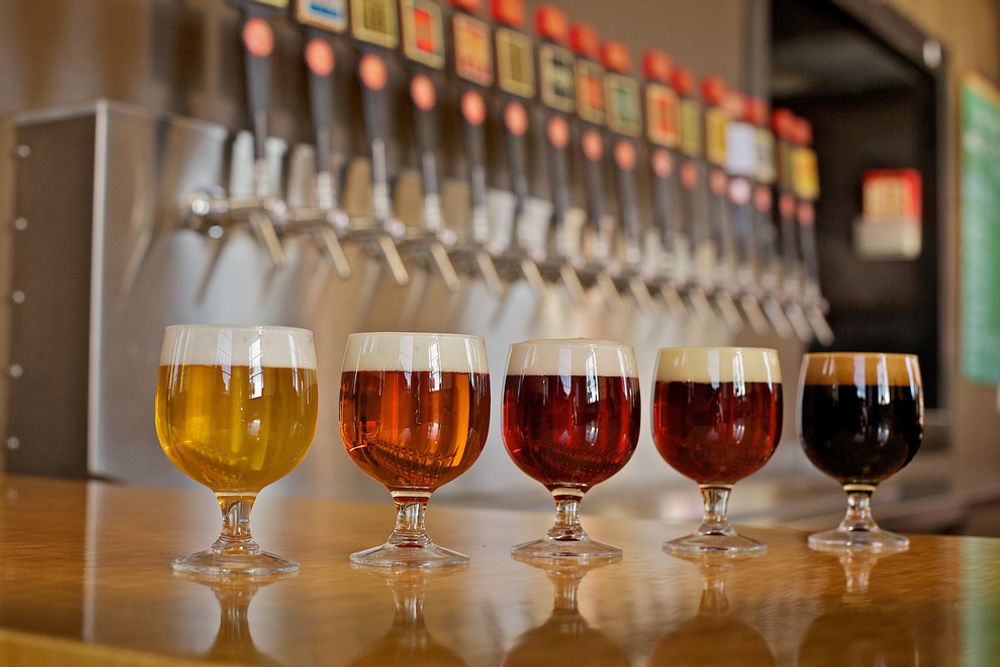Our resident Wine Guru, and restaurant consultant, Peter McCombie MW, answers the questions that matter to you.
Q: My restaurant’s accountant thinks I have too many suppliers. What’s the best number?
It’s easy to say “It depends” but it’s true. It really does depend on how big your list is and how much time you are prepared to spend on ordering and paperwork.
Let’s assume you don’t have a big ‘bible’ of a list, but something more modest (and dare I say it, more sensible). Say under 100 bins.
You need one or two bigger suppliers who can cover a decent range of wines, not just in terms of origin, but in terms of price and value too. Ideally they should have some areas of strength and focus.
Then you want three or four suppliers who have distinct strengths in areas that matter to you. Clearly if you work with Italian food you’ll want Italian specialists or maybe Burgundy is your thing, so you might look for one or two who really work hard in that area.
It’s important not to be over-reliant on one supplier for several reasons: competition is healthy for both pricing and service and sometimes one supplier just doesn’t have the wine you want or like.
Conversely, if you have too many suppliers not only do you make unnecessary extra work for yourself, but you don’t make your business valuable enough for individual suppliers to make the effort when something goes wrong.
Q: I work in a restaurant, not a bar. I hear a lot of talk about craft beer, but I don’t really drink beer and my background is really in wine. Should I care?

How many craft beers you have is one thing, but having a choice is a must
Yes! I am always disappointed when I see a restaurant with a thoughtful, well chosen wine list and great by the glass selection, that has one or two ‘international lagers’ lurking in the fridge, as its nod to the beer drinker.
You don’t have to go all out and have a beer list as long as your wine list, but if you care about wine why not beer, certainly as a service to your guests?
Why not choose a local lager rather than a heavily marketed one – or have one of each. Add to the offer a few other styles, certainly an IPA, maybe a darker ale or two.
Focussing on local brews is one way to go, but actively looking at beers that can match your menu is another useful method.
If you offer beer and food pairings you are also more likely to sell distinctive and unusual beers. Having a good beer offer will enhance your reputation as a great dining destination.









































